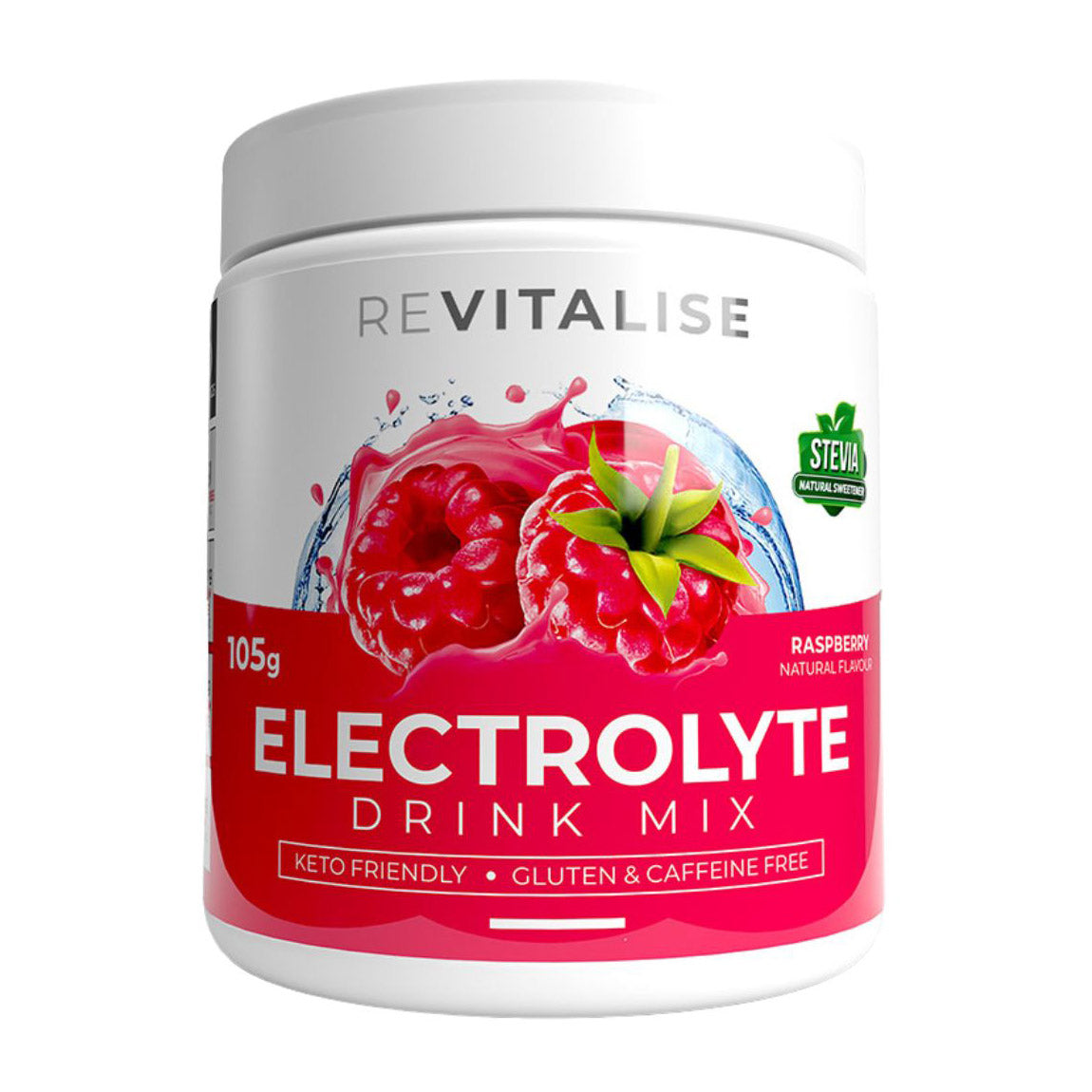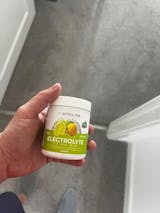Yoga, a practice known for its physical, mental, and spiritual benefits, requires balance, concentration, and stamina. Integrating electrolytes into your routine can significantly enhance these aspects. Electrolytes—minerals like sodium, potassium, magnesium, and calcium—play a vital role in hydration, muscle function, and energy levels, all crucial for an effective yoga practice.

The Importance of Electrolytes in Yoga
1. Improved Hydration: Adequate hydration is essential for flexibility and to prevent cramps during yoga. Electrolytes help retain fluid balance, ensuring your body stays properly hydrated throughout your practice.
2. Enhanced Muscle Function: Electrolytes are critical for muscle contractions and relaxation. A balanced electrolyte level supports smoother transitions between poses and reduces the risk of muscle spasms or fatigue.
3. Boosted Energy and Focus: Maintaining electrolyte balance can help sustain energy levels and concentration, allowing for a more focused and meditative practice.
4. Faster Recovery: Yoga can be physically demanding. Electrolytes aid in the recovery process, helping to replenish what's lost through sweat and supporting muscle repair.
How to Incorporate Electrolytes into Your Yoga Practice
1. Hydration Strategy: Start by ensuring you're well-hydrated before class. Consider sipping on electrolyte-infused water or natural coconut water before, during, and after practice.
2. Mindful Eating: Include electrolyte-rich foods in your diet. Leafy greens, nuts, seeds, and fruits like bananas and avocados can support your electrolyte balance naturally.
3. Supplement Wisely: For those practicing hot yoga or engaging in longer sessions, electrolyte supplements can be a convenient way to maintain balance. Choose options with low sugar and natural ingredients.

Integrating electrolytes into your yoga practice is a smart way to enhance your performance, focus, and recovery. By maintaining electrolyte balance, you support your body's needs, allowing for a deeper, more fulfilling yoga experience. Remember, the key to a successful practice lies not just in the poses you achieve but in how well you support your body's fundamental needs.

















